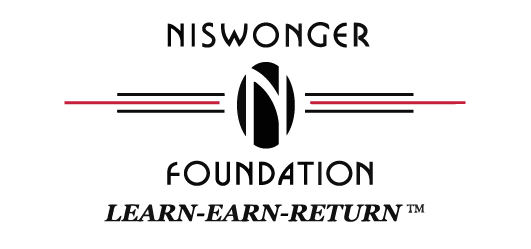Jamie Woodson On Education Reform
Moving Education Reforms from the
Drawing Board to Reality
By Speaker Pro Tempore Jamie Woodson
The coming months and years will be a critical time in Tennessee as we move to implement recently enacted education reforms. Last week, I was honored to be appointed by Governor Bredesen to Chair the First to the Top Advisory Council, a broad-based group of 14 key education partners charged with providing strategic guidance during this process. The Council has an important role to play, but it is just one of many coalitions throughout the state helping to successfully implement and sustain these vital reforms.
Tennessee has taken bold steps to improve outcomes in K-12 education. In recent years, we have adopted measures that:
• Raise academic standards for all students
• Focus on building effective teachers and school leaders
• Better utilize our robust data system to inform classroom instruction
• Focus on turning around our most challenging schools
The reason for this comprehensive change is simple: Tomorrow’s jobs — even traditional manufacturing jobs — will require higher levels of education and skills. As an example, within 10 years, 63 percent of Tennesseans will need either a two-year or four-year degree, but currently only 27 percent have these degrees. To be competitive, we must be certain that students graduate from high school prepared for success in the workforce and post-secondary education.
In order to achieve our goals, these reforms must be effectively implemented and sustained. This will be no easy task. There will be strains affecting every player in our education delivery system. Students and parents will have to cope with higher standards and the assessments that go along with them. Teachers and principals will face new, more rigorous evaluation systems, and individual schools and districts will have to manage these changes during an economic winter.
Because implementation will be challenging and is vital to our overall success, we must plan appropriately and provide additional help and guidance to all of these key partners. Already, state and local governments, school districts and non-profits have adopted various initiatives tailored to meet local needs.
Many focus on teacher training and professional development to help with new classroom demands. School districts are looking at ways to better incorporate technology, reach at-risk students earlier and improve teacher collaboration. In addition, our nationally recognized student achievement data system will now be used to give educators a better picture of an individual student’s progress and needs.
Even with proper preparation and guidance, as Tennesseans, we must constantly remind ourselves why this reform effort is so important to our future. It is nothing short of an economic “call to arms.” A significant reason we were able to pass these initiatives in the first place was due to the broad buy-in from across the state, including business and community leaders, policymakers, teachers, administrators, and, of course, parents. To accomplish this next phase, this support must continue.
Fortunately, groups throughout the state are helping maintain support for reform. A good example is a collaborative public awareness campaign being led by the Tennessee SCORE initiative entitled, “Expect More, Achieve More.” The campaign, introduced this week, supports our new, higher academic standards. Specifically, it is designed to reassure parents that higher standards are important even though they may lead to harder tests and possibly lower scores at first.
The message to parents is simple: It’s time to EXPECT more, so your child can ACHIEVE more. The campaign will go farther and give parents helpful advice and steps they can take to ensure that their children are ready to succeed in the classroom. Positive, proactive communication like this will be vital for our overall success.
Reforming our education system will not be easy and it will take time. However, we have already demonstrated that Tennessee is willing to take bold steps and is committed to meaningful change. If we continue to work together and remain focused on our long-term economic and educational goals, we can build on our recent success and dramatically improve the future for our children.
